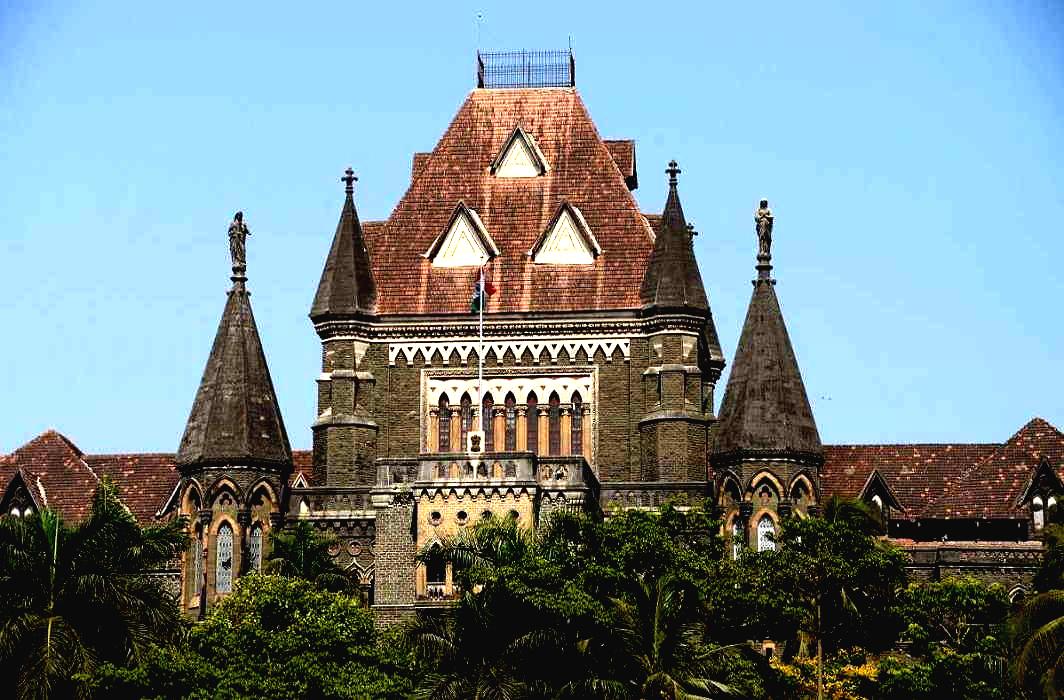

By A Special Correspondent
First publised on 2021-04-05 11:31:07
Calling the allegations of corruption leveled against Maharashtra home minister Anil Deshmukh by ex-CP of Mumbai police Parambir Singh "extraordinary" and "unprecedented", the Bombay High Court today said that the charges warranted an independent inquiry and ordered the CBI to probe the matter. It directed that the CBI make a preliminary inquiry within 15 days.
Anil Deshmukh promptly resigned from his post after the high court order. Deshmukh said that he had no moral right to continue in office after the high court order. Before resigning, Deshmukh is reported to have met party supremo Sharad Pawar and other leaders.
Why is that politicians need to be reminded of their moral responsibility by courts? The allegation itself should have hurt Deshmukh enough to prod him into resigning, especially since it was made by a high ranking police officer.
But how could the high court, after castigating Singh for asking for a CBI inquiry without filing an FIR, agree for the same is surprising. Due process has to be followed in all cases, however extraordinary and unprecedented they might seem. The court should have at least asked the Mumbai police to file an FIR against Deshmukh and then ordered the CBI inquiry.
As for Deshmukh's resignation, it is clear that the MVA constituents have been provided an escape route by the court order. The NCP did not want Deshmukh to resign although his continuance in office was hurting the government. There were reports that this was creating problems within the alliance.
Normally, nothing much comes out of such inquiries mainly because it is usually one man's word against another's. There is no evidence as things happened behind closed doors and between a small group of people none of whom is going to admit any wrongdoing. How is Singh going to prove that Deshmukh asked the police officers to collect the money as alleged? Still, the CBI inquiry will be keenly watched.











